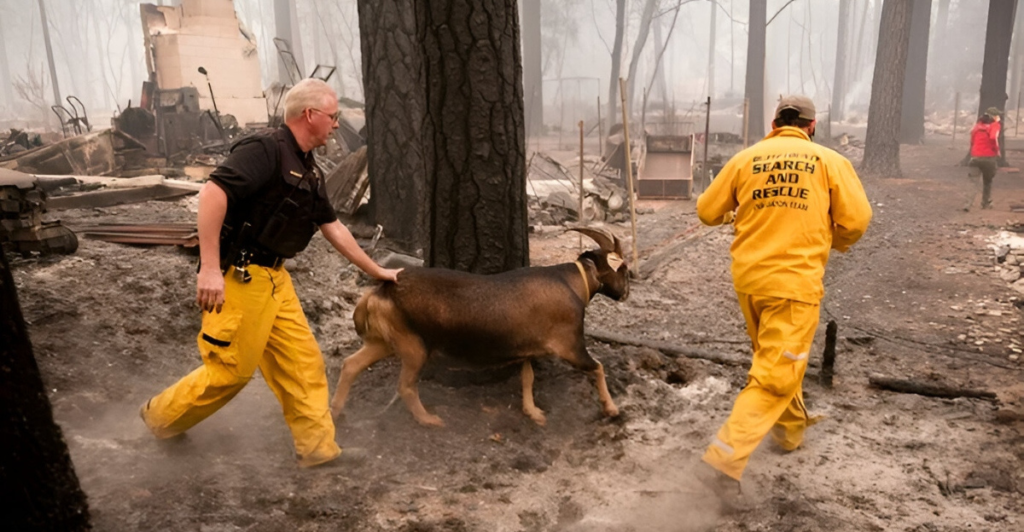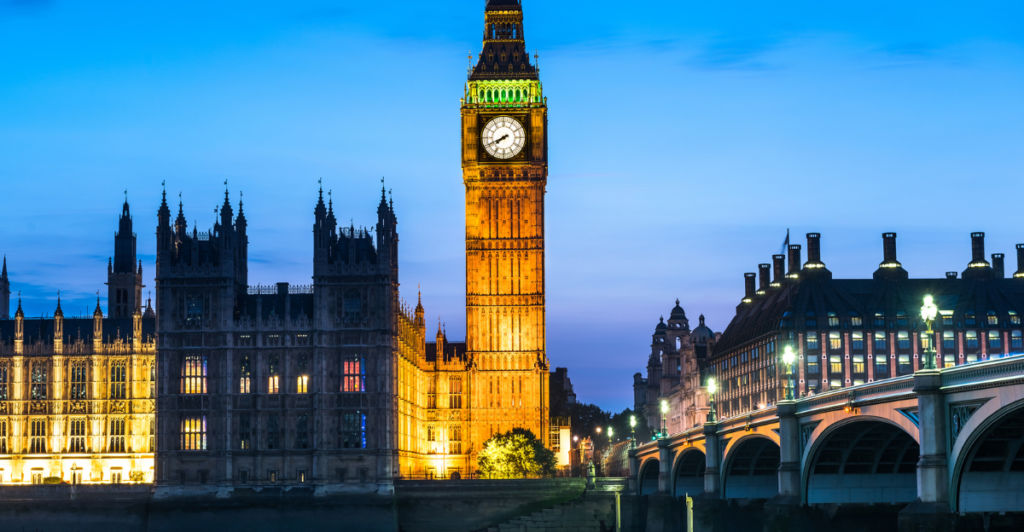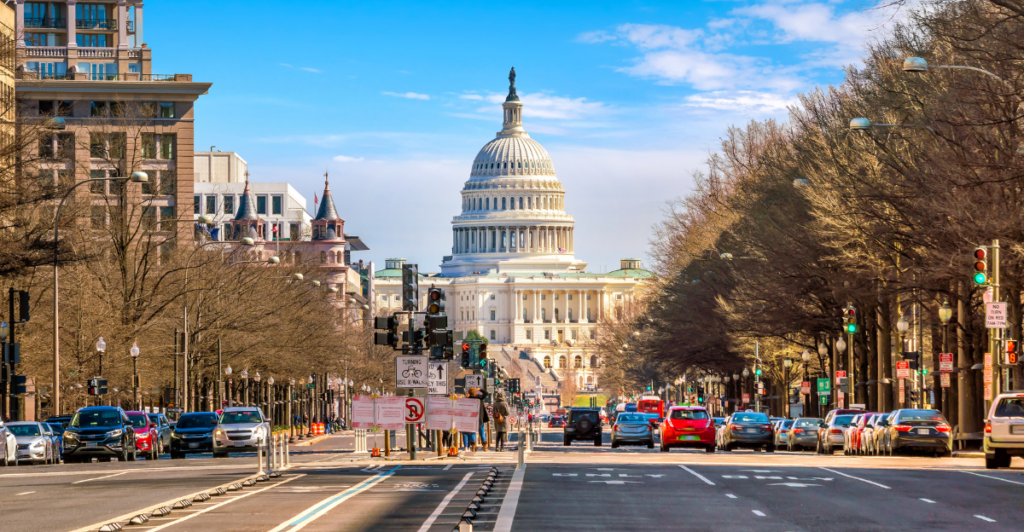
1. The Urgency of Meeting Climate Commitments

As the climate crisis intensifies, the Paris Agreement’s deadlines serve as critical milestones for global action. Yet, as of the February 10, 2025, deadline, only 15 out of 195 signatory countries submitted their updated Nationally Determined Contributions (NDCs). This lackluster response raises concerns about the collective commitment to limiting global warming to 1.5°C. The NDCs are essential tools, outlining each nation’s plan to reduce greenhouse gas emissions and adapt to climate impacts. The failure of the majority to meet the deadline not only hampers transparency but also undermines the trust necessary for collaborative global efforts. This article delves into the actions of select countries that met the deadline, highlighting their commitments and the broader implications for international climate policy.
2. Zimbabwe: Africa’s Lone Timely Contributor

Zimbabwe has distinguished itself as one of the few African nations to meet the February 2025 deadline for updating its Nationally Determined Contributions (NDCs) on climate change. This proactive approach is significant given the continent’s vulnerability to climate impacts. The updated NDC presents ambitious targets for reducing greenhouse gas emissions and increasing resilience to climate-related challenges.
Zimbabwe’s commitment highlights the crucial role developing nations play in the global climate framework and sets an example for others. The African Climate Policy Centre (ACPC) played a key role in this achievement, emphasizing the importance of regional cooperation. Zimbabwe’s timely submission reflects its dedication to climate action and encourages other African nations to strengthen their commitments.
3. The United Kingdom: Leading by Example

The United Kingdom has consistently positioned itself as a leader in climate action, and its timely submission of updated NDCs reinforces this role. The UK’s new targets include a substantial reduction in greenhouse gas emissions by 2035, building upon previous commitments and maintaining its trajectory toward net-zero emissions by 2050. This ambitious approach reflects the nation’s broader strategy, which includes expanding renewable energy, phasing out coal, and investing in green technology.
By meeting the deadline, the UK not only adheres to international expectations but also sets a benchmark for other developed nations lagging behind. Its leadership exemplifies how timely and ambitious climate commitments can drive global momentum, proving that decisive action and long-term vision are crucial in tackling the escalating climate crisis and meeting Paris Agreement goals.
4. Brazil: Host Nation Steps Up Amid Challenges

As the host of COP30 scheduled for November 2025, Brazil’s submission of its updated Nationally Determined Contributions (NDCs) holds both symbolic and practical importance. The nation has committed to reducing its greenhouse gas emissions by 59–67% by 2035 compared to 2005 levels.
However, Brazil faces significant challenges in achieving these targets, including issues related to deforestation and potential shifts in political leadership that could affect environmental policies. The international community will be closely observing Brazil’s actions in the lead-up to COP30, as the country’s leadership is essential for mobilizing global climate efforts. Brazil’s commitment to its climate goals, despite these internal challenges, highlights the critical role of national resolve in the fight against climate change.
5. United States: Ambitious Goals Amid Political Uncertainty

In December 2024, the United States submitted updated Nationally Determined Contributions (NDCs), presenting a plan aimed at reducing net greenhouse gas emissions by 61–66% compared to 2005 levels by the year 2035. However, recent political shifts have introduced uncertainty regarding this commitment, with the new administration indicating a potential withdrawal from the Paris Agreement. This development raises concerns about the impact on global climate initiatives, as the U.S. plays a significant role in global emissions.
This situation illustrates the vulnerability of international climate commitments to changes in domestic political landscapes and emphasizes the necessity for strong bipartisan support for climate action. The international community is closely monitoring these developments, recognizing the profound implications that U.S. policies can have on global climate trends.
6. Small States Making Significant Strides

Several small states, such as Andorra, the Marshall Islands, and Saint Lucia, have successfully met the Nationally Determined Contributions (NDC) submission deadline, demonstrating that geographical size does not limit a nation’s responsibility toward climate action. Despite their limited resources, these countries have set ambitious targets, often surpassing those of larger economies. For example, the Marshall Islands focuses on renewable energy expansion and climate resilience, while Andorra is pushing for greater energy efficiency.
Saint Lucia has committed to protecting its coastal ecosystems while reducing emissions. These proactive measures serve as a moral example for more powerful nations, emphasizing the need for collective action in the face of the climate crisis. The efforts of these small states illustrate that even nations with minimal emissions can significantly influence global climate initiatives.
7. Switzerland and New Zealand: Developed Nations Upholding Commitments

Switzerland and New Zealand, both recognized as developed nations with comparatively low emissions profiles, have successfully submitted their updated Nationally Determined Contributions (NDCs) in a timely manner. This reinforces their standing as responsible global citizens in the context of climate change. Switzerland’s updated commitment highlights ambitious emission reduction targets, along with a significant focus on sustainable development practices.
Concurrently, New Zealand places emphasis on transitioning to a low-carbon economy, implementing policies that enhance renewable energy usage and aim for carbon neutrality. Their timely submissions highlight the expectation that developed countries lead by example, providing both financial and technological support to global climate initiatives. These actions contribute to building trust and encouraging broader participation in international climate efforts.
8. United Arab Emirates: A Gulf Nation’s Climate Ambitions

The United Arab Emirates (UAE) has demonstrated a significant shift in its sustainability approach by submitting its updated Nationally Determined Contributions (NDCs) on schedule. Traditionally recognized for its oil wealth, the UAE is now focusing on diversifying its energy portfolio and increasing investments in renewable energy projects. This transition reflects a growing trend among Gulf nations that are acknowledging the need to move away from fossil fuels due to economic and environmental considerations.
The UAE’s proactive measures may set a precedent for other countries in the region, potentially fostering a more sustainable future in an area historically reliant on carbon-intensive practices. This evolution highlights the promising potential for impactful change when economic goals align with environmental stewardship.
9. Small Nations, Big Commitments: Botswana, Lesotho, and Ecuador

Botswana, Lesotho, and Ecuador, although not major global players, exemplify significant commitment to climate action under the Paris Agreement, illustrating that effectiveness in environmental stewardship is not solely determined by a country’s size.
Botswana, characterized by its semi-arid climate, confronts increasingly severe drought conditions. In response, the country is making investments in sustainable agriculture and solar energy to bolster its resilience against climate impacts. Lesotho, which relies heavily on hydropower for its energy needs, is adapting to changing rainfall patterns by diversifying its energy sources to ensure stability and sustainability. Ecuador, notable for its portion of the Amazon rainforest, is implementing stronger policies aimed at combating deforestation and enhancing renewable energy initiatives. These nations were proactive in submitting their Nationally Determined Contributions (NDCs).
10. Singapore, and Uruguay

Singapore and Uruguay are notable examples of countries implementing ambitious sustainability strategies. Singapore, despite its high urban density, has set a goal to achieve net-zero emissions by 2050. This commitment is supported by initiatives focused on green building and the use of carbon capture technologies. On the other hand, Uruguay stands out for already operating on over 90% renewable energy. The country is enhancing its climate policies by investing in sustainable transportation and carbon sequestration methods.
Both nations highlight that innovation and adaptation are feasible, regardless of geographic challenges. While larger economies may hesitate to take decisive action, Singapore and Uruguay exemplify how bold policies and long-term planning can lead to significant progress in addressing climate change.
Explore more of our trending stories and hit Follow to keep them coming to your feed!

Don’t miss out on more stories like this! Hit the Follow button at the top of this article to stay updated with the latest news. Share your thoughts in the comments—we’d love to hear from you!







